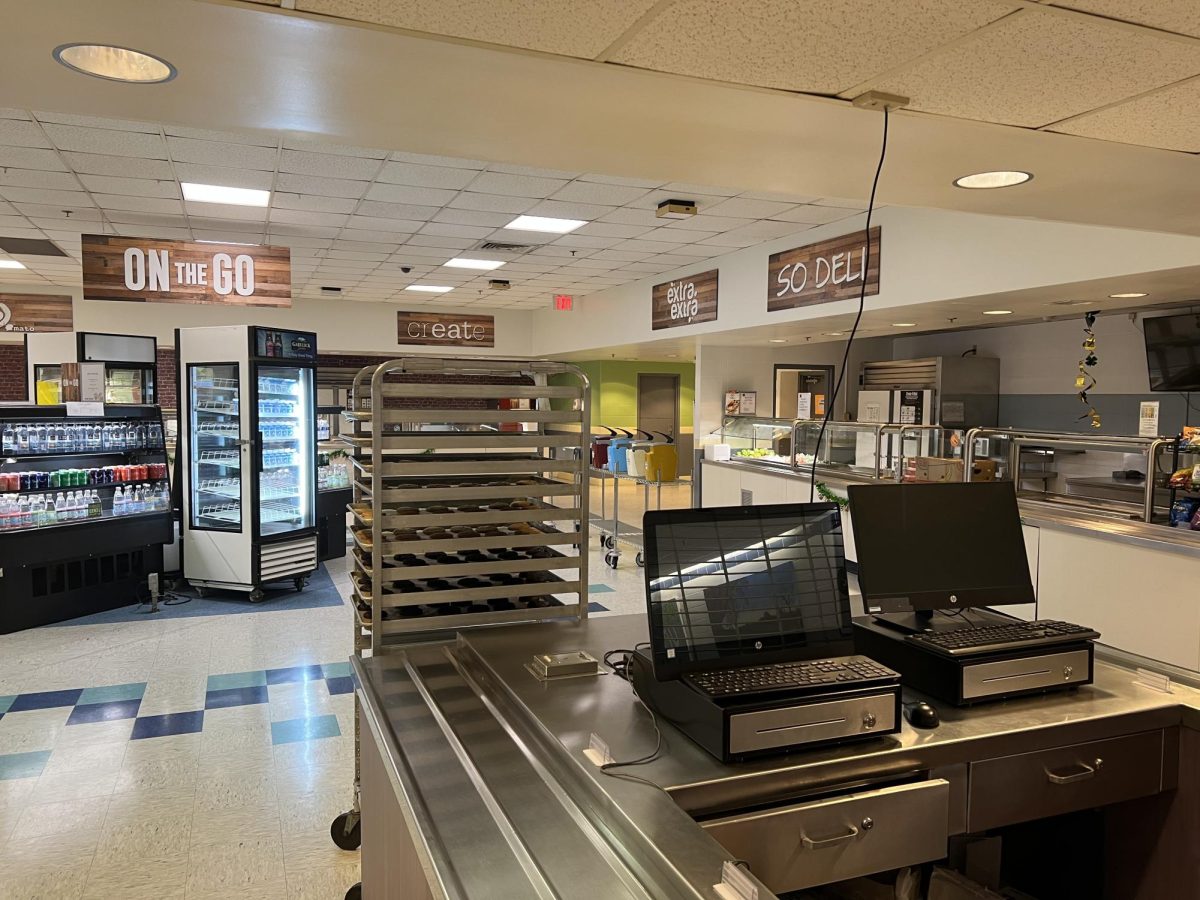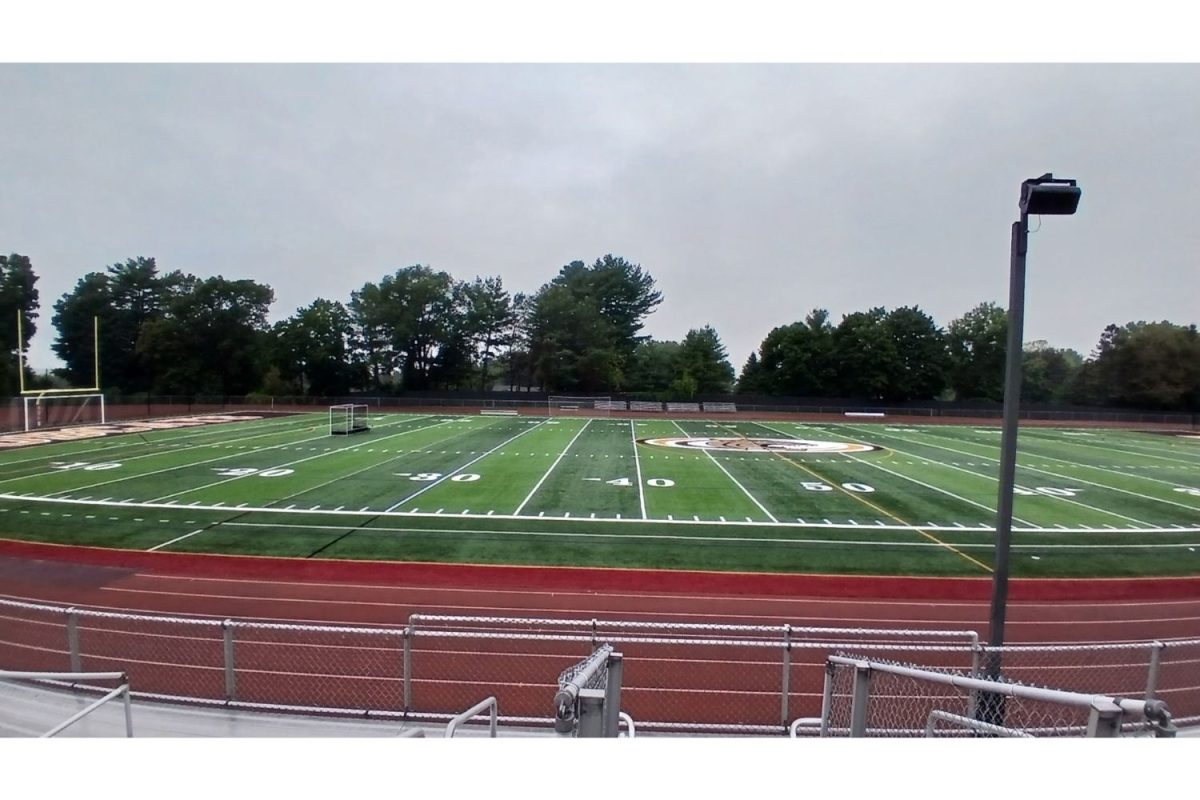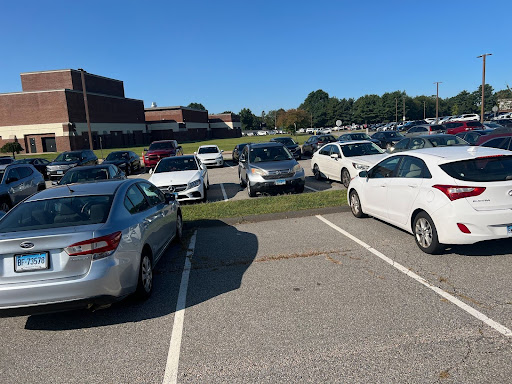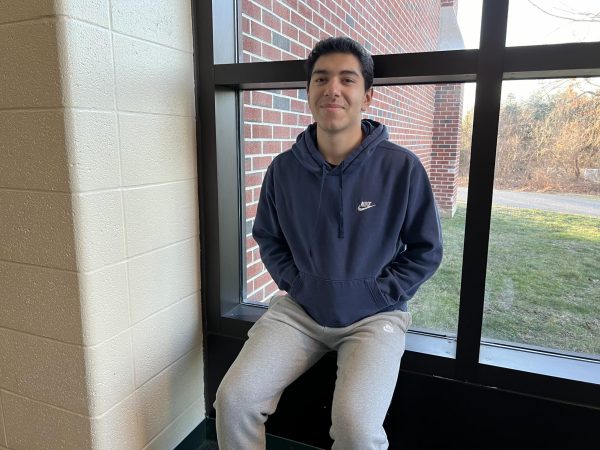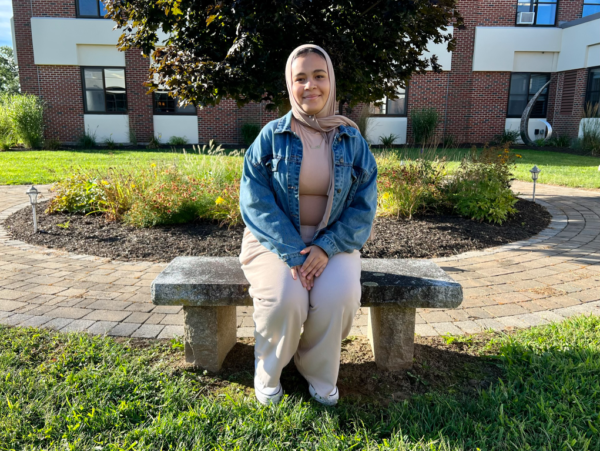School lunch is one of the most important services a school can provide for its students. It allows for students to be well nourished, and provides a time of rest during the middle of their day. However, this statement is only true if all students are able to consume the food that is provided in the first place.
Many dietary restrictions are present throughout the cafeteria already, mostly depending on specific student allergies, from peanut to gluten. Restrictions such as these are consistently accounted for by school lunch programs across the nation, and are heavily enforced.
But a dietary restriction that rarely gets mentioned are religious guidelines. Specifically, many students who practice the Islamic faith are unable to eat meat unless it is halal. In Islam, for meat to be considered halal means for the animal to be slaughtered in a spiritual, ethical way. In addition, pork is completely forbidden to be consumed.

More than half of the food provided by the school consists of meals that contain foods that are not permissible to a Muslim student. This includes food such as chicken nuggets, burgers, and sausages, that leaves very few vegetarian options other than cheese pizza, cheese nachos, or a salad.
Why is this important? South Windsor is a town of much diversity, and the Muslim population is growing. It’s only a matter of time before there is a much larger community that will require the introduction of halal food.
Dearborn, Michigan has the largest concentration of Arabs in all of the United States, and participates in a school lunch program that contains the inclusion of halal meats since 2001. Along with this, various schools in New York have the option to request a halal lunch program in their schools if needed.
This issue has caught the attention of many SWHS students who feel the same way.
“I do think that we should have halal food options, because there are lots of Muslims in this school who aren’t able to purchase much of the lunch options,” senior Arbaaz Khan told The Prowl. “I think that this should be considered right away.”
Another opinion was given by French teacher and advisor for the Islamic culture club, Mr. Ly. “It would be great to offer that variety of foods to students who practice, and would allow more inclusion in the community.”
All in all this issue has been a large talking point for the Muslim community in the school, and we can only hope for a change to be made in response to the matter. Muslim students feel excluded from what the school has to offer and left out to the fact that they need to bring their own lunch daily when everyone else experiences a prepared meal during the day.



